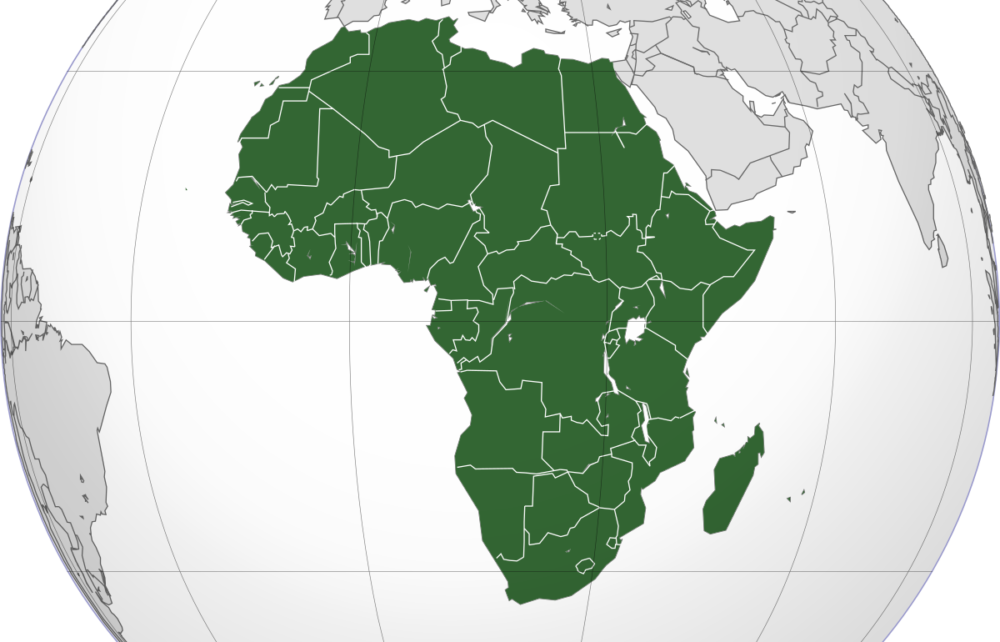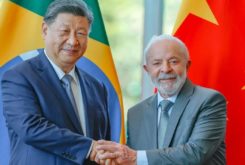Many Chinese private companies rely on local patrons who serve as brokers between state officials and local communities in African countries to help them win contracts, according to London School of Economics scholars.
A study on the patrons and Chinese construction companies in Ghana found that private entrepreneurs had used the strategy to deepen local networks and integration in Africa, where many Chinese entities are involved in large infrastructure projects, according to the study quoted by the South China Morning Post.
Companies venturing into Africa in the 2000s resulted in growing competition, especially in the construction sector, leading to challenges, particularly as Africans became “increasingly wary of the Chinese”, who were feared to be “taking their jobs”, according to the paper, published this month by foreign policy think tank LSE IDEAS and based on surveys of private Chinese construction companies in Ghana between November 2019 and July 2020.
“These events have thus compelled the Chinese to localise in the African business environment by making friends not only with the elites but more importantly the local patrons on whom the success of their business largely depends,” wrote Chris Alden, a professor of international relations, and Nathaniel Ocquaye, respectively LSE IDEAS’ director and project assistant.
“Without [these local patrons], the Chinese will not be able to navigate the market and communicate with clients.” Unlike their state-owned peers, with their access to government finance, private entities’ success “was not exclusively predicated on networks within Chinese state institutions and provincial sources”, the researchers said.
Companies employed locals in managerial and technical positions, with or without Chinese language abilities. One such Ghanaian manager was “a well-connected person with links to the local state officials and excellent knowledge of the market”. At another company, the human resources manager, a Ghanaian hailing from the region of operation, had connections with the district chief executive, police, fire service authorities, electricity company and tax revenue authority.
FOCAC Dakar Action Plan “more detailed and wide-reaching” than previous ones
“This has built a very solid relationship between the Chinese and the local state authorities, which contributes to their operation in the community being both without strife and profitable,” the researchers wrote.
To help strengthen relationships with communities and authorities, Chinese companies make donations of various kinds locally. “This kind of relationship further opens the door to get contracts from the state, especially when they have been decentralised to the local state authorities,” the LSE scholars said.
Ocquaye said the formula in Ghana “should be very common” in other African countries, with more than 10,000 Chinese companies operating in the continent.




